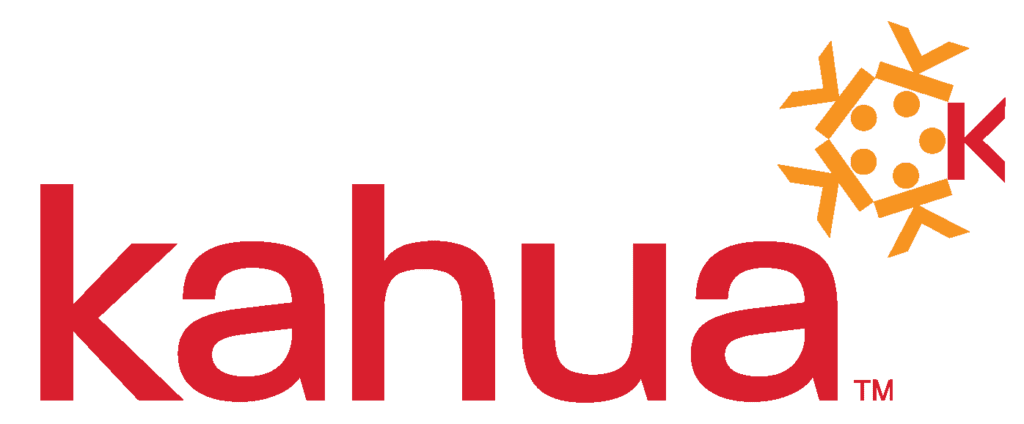How To Steer Clear of Sunsetting Technology
Many of the legacy program management information systems (PMIS) adopted by construction organizations were built with little thought given to the architecture. Meaning, the solutions were only designed to address issues at that moment in time. They were not forward thinking about how their processes would need to evolve and how their PMIS could adapt.
The construction industry is not slowing down. It is also held to a higher standard of constantly changing requirements, governance and regulations. Legacy systems that are not able to keep up are forced to sunset leaving construction owners with megabytes and gigabits of useless data. The owners then face the challenge of moving to a new system while in the middle of existing programs or at the beginning ramping up new ones.
Do not put your organization in this position. The best way to prepare to adapt to changes is to invest in a PMIS with a platform that allows organizations to be flexible, agile and scalable. These are the four qualities organizations should look for in a system so they can avoid sunsetting technology and be ready for anything in the future:
Minimal disruption
Reducing the risk of missing deadlines is paramount. Organizations should select a platform that can get them up and running quickly to minimize disruptions to operations.
Best-in-class solutions are provided by Kahua with accelerated delivery and significantly lower initial installation and go-live costs. Many industry standard processes are built into Kahua’s platform so organizations can dive right in and start utilizing the software on their projects right away.
Scalability
The way organizations run their programs is constantly changing with evolving workloads and fluctuations in the team. A system that is not able to grow with organizations will cause consistent gaps and needs to create workarounds.
As the demands of the market continue to grow and change, Kahua’s system supports organizations as they increase workload and number of users. Kahua’s technology can be adapted to address a specific industry, competition or other opportunities as they arise to keep organizations agile and relevant.
Usability
If the technology chosen to manage capital programs is cumbersome and hard to learn, it will certainly lead to slow user adoption and underutilization of the system. Unused software delivers no value to an organization.
Kahua’s modern, intuitive platform was designed with the user in mind. A better user experience drives engagement and empowers teams to start creating solutions, improving organizational performance. The higher the satisfaction, the quicker the adoption and the sooner organizations can start to see returns on a new system.
Security
The system organizations select must fully protect against data leaks, hacks, manipulation and theft or else their capital programs and data will be at risk. The system should effectively maintain and securely store project and building information to comply with all necessary security requirements.
Kahua meets the highest standards of data security and boasts a comprehensive set of compliance certifications. Robust permissions framework lets organizations have complete control over user accessibility to data, ensuring only the right people have access to the right information at the right time.
Kahua is now available on the Federal Risk Authorization Management Program (FedRAMP) Marketplace, which highlights the rigorous vetting it has undergone by the federal government, which requires the greatest security and monitoring capabilities.
Learn More
Santa Clara United School District’s previously used tool, Autodesk/ConstructWare, was sunsetting and contained 16 years’ worth of project data. Kahua was selected and trusted with the transition and migration of over 1 terabyte of data of both closed and active projects. Click here to read more about this case study.


